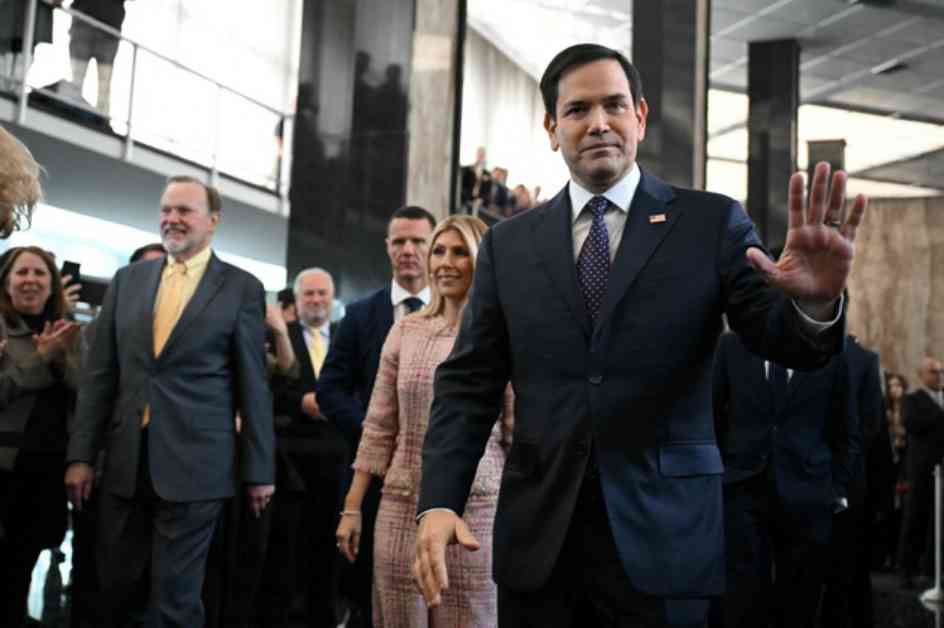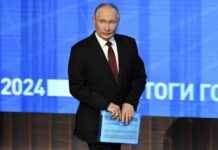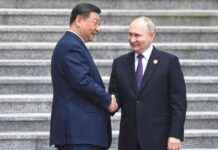In a recent shocking revelation, the US Secretary of State, Marco Rubio, delivered perplexing statements about Russia’s war against Ukraine. During an interview with media influencer Megyn Kelly on Jan. 30, Rubio made misleading comments that left many questioning his intentions. The situation has sparked a debate among Americans and policymakers alike, raising concerns about the US stance on the conflict.
Conflicting Signals and Misleading Narratives
Rubio, often considered a relative moderate in US politics, attempted to downplay Russia’s invasion of Ukraine, framing it as a distant conflict of little consequence to the American people. His remarks insinuated that the Biden administration’s approach to the situation was dishonest, prompting further scrutiny of his motives. By characterizing the war as a stalemate that the US was funding, Rubio painted a skewed picture of the reality on the ground.
However, this narrative fails to acknowledge the gravity of the situation and the implications of such a conflict on the global stage. The war between Russia and Ukraine is not just a regional dispute but a strategic power play with far-reaching consequences. Putin’s aggressive actions in Ukraine are a direct challenge to the West and a bid to assert Russia’s dominance in the region. By minimizing the conflict, Rubio and others risk underestimating the threat posed by Russian aggression.
The Path to Resolution: A Complex Outlook
As the conflict in Ukraine continues to unfold, the question of how to resolve the crisis remains a pressing concern. While military intervention may not be the only solution, it is essential to consider the broader implications of the conflict on regional stability and global security. The idea of a peaceful resolution through economic incentives raises ethical and strategic dilemmas that must be carefully navigated.
The proposal to buy out Russia’s economy as a means of ending the conflict raises serious questions about the effectiveness of such an approach. While economic pressure can be a powerful tool in diplomacy, it is crucial to consider the long-term consequences of such actions. The risk of inadvertently bolstering Russia’s position and emboldening further aggression must be weighed against the potential benefits of de-escalating the conflict.
In the midst of these complex geopolitical dynamics, it is essential to remember the human cost of the conflict in Ukraine. The citizens of Ukraine, America, and Russia are all affected by the ongoing violence and instability in the region. As policymakers debate the best course of action, it is crucial to prioritize the well-being and security of those caught in the crossfire of international politics.
In conclusion, Rubio’s comments on the Ukraine conflict highlight the need for a nuanced and informed approach to addressing global challenges. By engaging with the complexities of the situation and considering the perspectives of all stakeholders, policymakers can work towards a more sustainable and equitable resolution. As the world watches and waits for a resolution to the conflict in Ukraine, it is crucial to remain vigilant and proactive in pursuing peace and stability in the region.

















